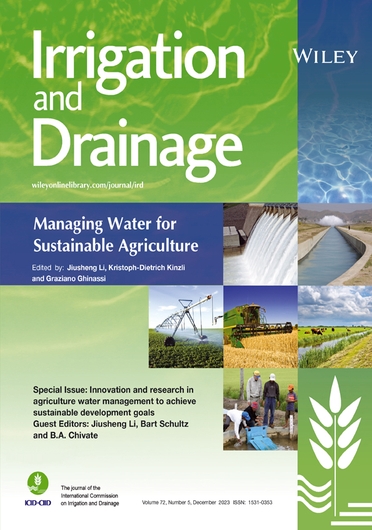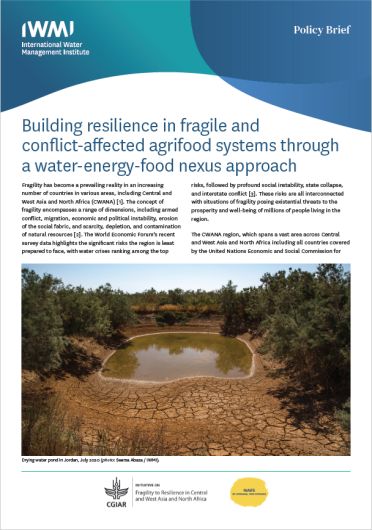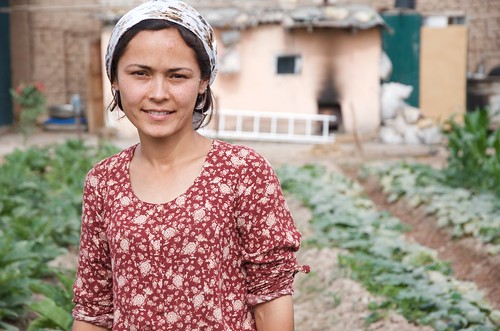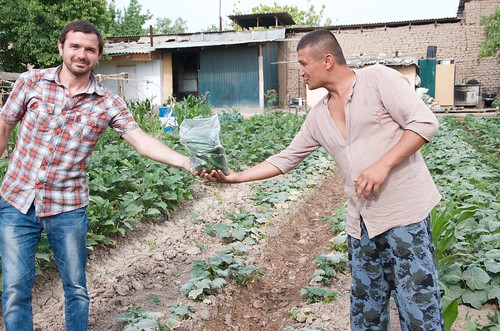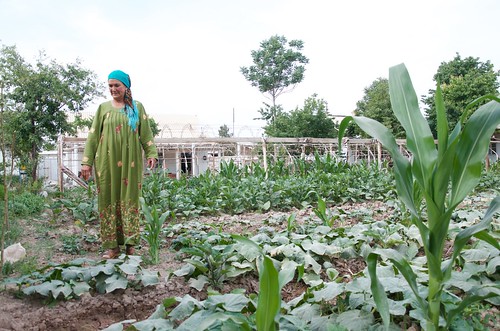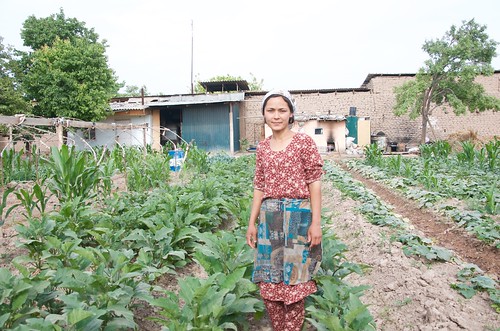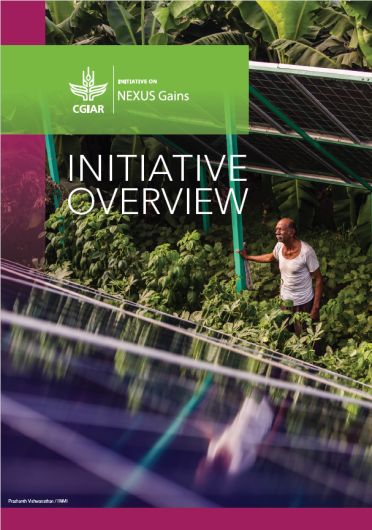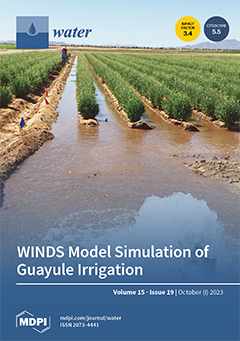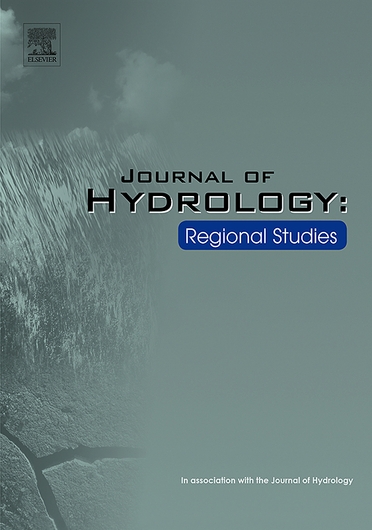Central Asian countries
face numerous challenges related to water resources management. Increasing competition for water for irrigated agriculture, energy and domestic use places significant pressure on the limited water resources available in shared transboundary rivers. Water scarcity and security presents one of the greatest challenges for the region. As its population grows, so does the need to create more jobs, and produce more food and more energy – yet water resources are limited.
Irrigated agriculture consumes approximately 80% of all abstracted water in Central Asian countries. The region is well known for its history of mismanagement of water, energy and land resources that have had widely publicized negative effects on water availability throughout the region. The Aral Sea, a large inland lake, almost disappeared as a result of diverting large portions of the Amu Darya and Syr Darya river flows to expand irrigated agriculture (due to inefficient irrigation and irrational cropping patterns). Balancing the sectoral needs for agricultural production and the generation of energy through hydropower is challenging, as the transboundary water flow is disrupted. Climate change and population increases will put additional stress on the region’s water resources with 10% to 30% less water available in the aforementioned rivers by 2050.
The International Water Management Institute (IWMI) is investigating whether better irrigation management and the diversification of cropping patterns can improve livelihoods and reduce health challenges in Central Asia. An approach to irrigation that uses the return flow from drainage water in upstream countries, for example, could improve both agricultural productivity and health by decreasing water pollution and greenhouse gas emissions. It might also mitigate transboundary conflicts around the use of water and energy resources. Furthermore, IWMI’s research on improving water accounting and measurement at on- and off-farm levels provides a good entry point for improving water governance as well as incentivizing rational water use. IWMI’s research projects use and demonstrate innovative smart tools, technologies and approaches for water management in the region. Last but not least, research is carried out on the conjunctive use of water resources (surface water and groundwater as well as return flows) in the region by looking at water balances in the river basins.
IWMI supports sustainable and inclusive growth in rural areas in the face of climate change. In Uzbekistan and Tajikistan, for example, we are working to improve water-use efficiency at national, basin and farm levels using an approach that combines efforts to influence policy and water governance with capacity building and awareness raising. There is another project that aims to improve water–use efficiency in the Aral Sea Basin. IWMI calculated the energy footprint of irrigated agriculture in the area and identified that upstream countries spend as much as 50% of their available energy on lift irrigation (extracting groundwater using, for example, petrol or diesel pumps). We developed a range of scenarios for better water management practices and assessed their implications for water and energy savings. This helped to convince governments that improving irrigation efficiency can lead to energy savings. Our findings were disseminated widely through policy dialogues and workshops, and in research publications. As a result, the Government of Uzbekistan has adopted a policy to heavily subsidize water-saving technologies, with Tajikistan gearing up to do the same.
Sustainable development in the Central Asian states requires effective transboundary governance of the region’s water supply. IWMI has built close links with the ministries responsible for water resources and the Interstate Commission for Water Coordination in Central Asia, which deals with the management of transboundary rivers in the region. A recent project established transboundary institutions on two small tributaries in the Fergana Valley. Another project is working to improve water- and energy-use efficiency in transboundary river basins that drained into the Aral Sea, where the competition for water results in reduced basin-wide productivity. For over a decade, IWMI has sought to strengthen WUAs throughout the region, by building their capacity for integrated water resources management, and introducing technologies, best practices and models to improve their effectiveness, as well as advising governments on policies and procedures to support their success. In Tajikistan, a
five-year impact assessment conducted by IWMI highlighted the importance of closely involving all community members in designing and managing WUAs. These are important findings for the region as a whole.
IWMI brings specific knowledge, tools and institutional capacity to address and support gender equality in all its activities. This includes ensuring that the voices of both women and men are heard, the rights of women, youth and other vulnerable groups are recognized, and that they all benefit equally from project activities. We engage women and young professionals in all water management processes, with a specific emphasis on capacity development. IWMI has conducted extensive research on the links between gender and water in Tajikistan and in countries in the Fergana Valley.
Future directions
IWMI anticipates 10 areas for further development of its research portfolio in Central Asia:
- Water-saving technologies (irrigation technology, water productivity, groundwater, water quality – building on the current portfolio).
- Leading/facilitating river basin planning processes in the region – from small tributaries to major river basins.
- Digital innovation (geodatabases and mapping for planning and policy making, water accounting and potential for innovation).
- Climate change adaptation (data and information for adaptation planning and investment – building on current activities).
- Economics and policy analysis (impact assessment, analysis of policy options, potential for macroeconomic studies).
- Enhancing transboundary water cooperation and governance (evidence in support of dialogues, co-convening, facilitation of planning, inclusion, capacity building).
- Water-energy-food nexus studies, cost-benefit analysis and interlinkages.
- Acting as knowledge partners for policy dialogues on water sector reforms in the region.
- Institutional strengthening of water agencies, capacity building and impact assessment.
- Gender, youth and inclusion in water resources management.

